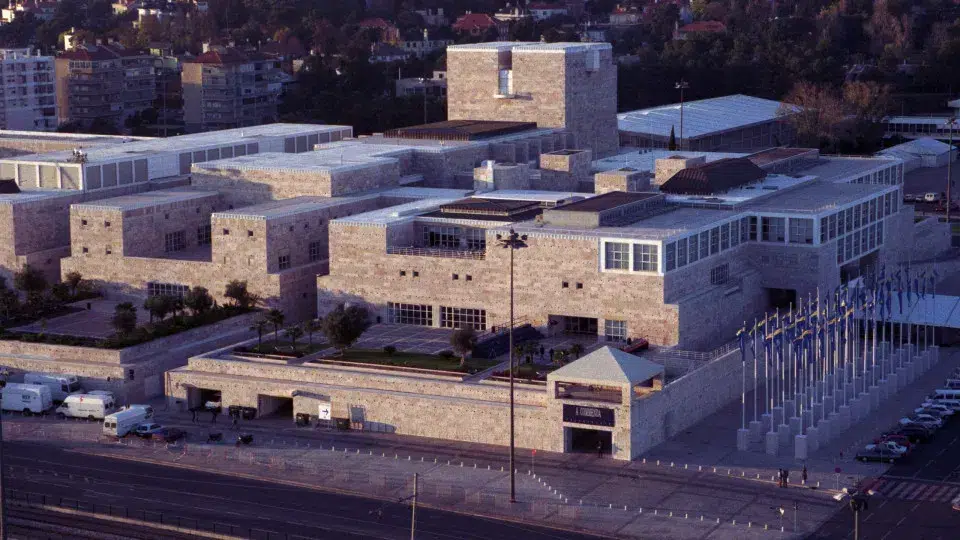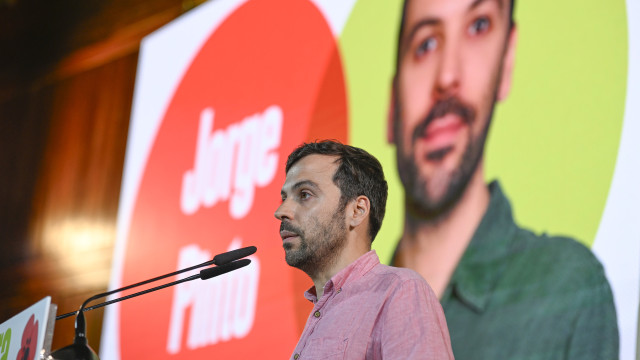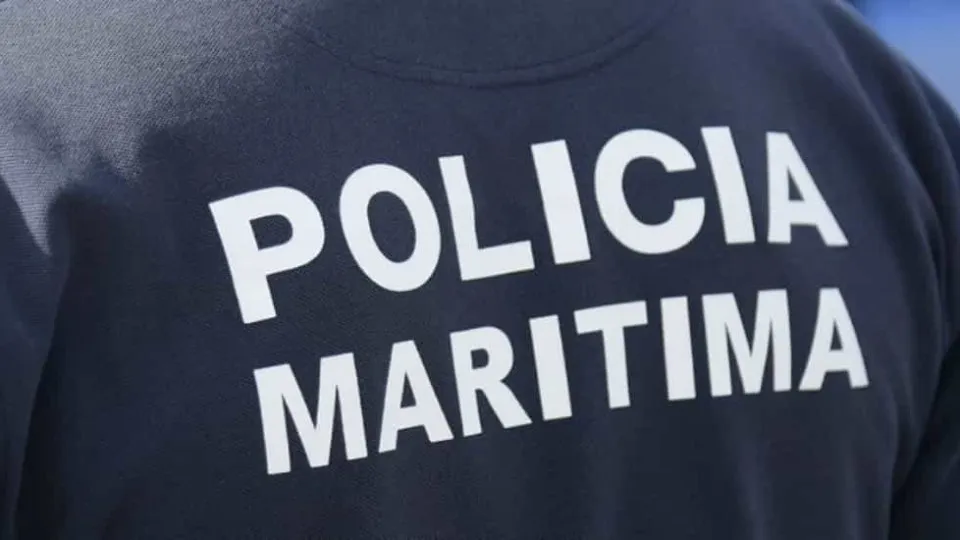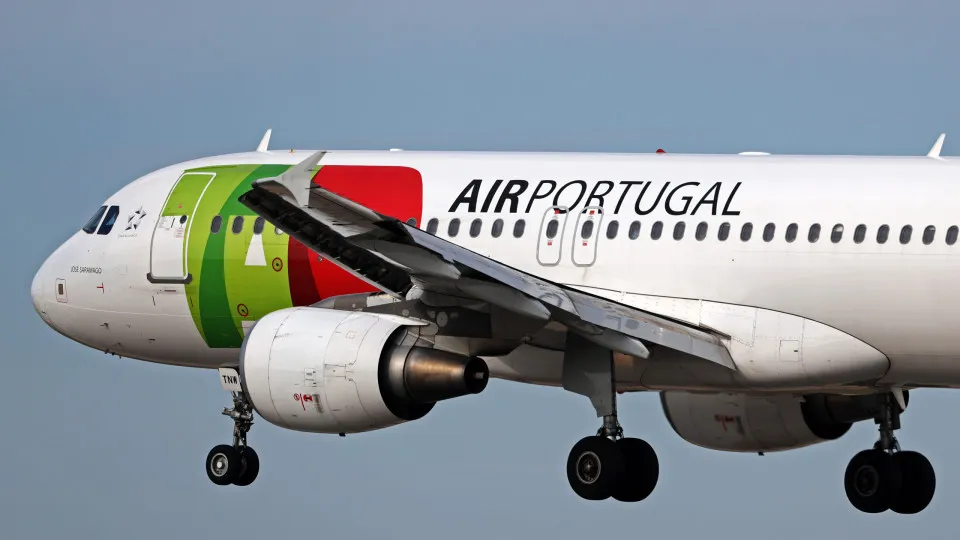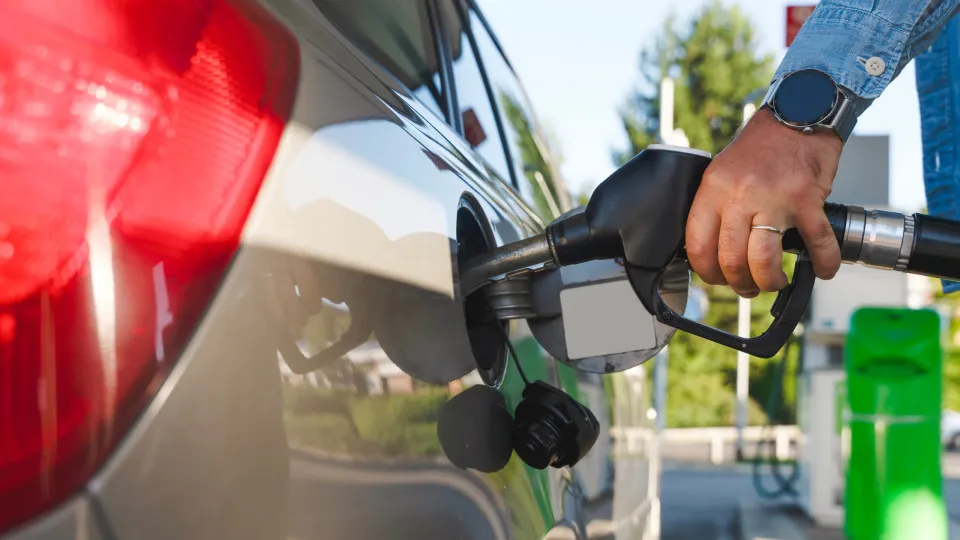
Fuel prices are set to show a mixed trend at the beginning of next week. The Automobile Club of Portugal (ACP) has announced that diesel prices are expected to rise, while gasoline prices are set to decrease.
Projections indicate an increase of 1.5 cents for diesel and a reduction of half a cent for gasoline.
Currently, simple diesel is priced at 1.589 euros per liter, whereas simple 95 gasoline costs 1.706 euros per liter, based on the latest average prices updated by the Directorate-General for Energy and Geology (DGEG) on the Fuel Prices Online website.
These average daily prices are determined based on prices communicated by fuel stations, weighted by the quantities sold in the last known period, incorporating discounts applied at service stations such as fleet cards and others.
What is happening with oil in international markets?
The price of Brent crude for January delivery ended Thursday in the London futures market down by 0.22%, at 63.38 dollars.
The North Sea crude, a reference in Europe, closed the session on the Intercontinental Exchange 14 cents below the 63.52 dollars with which it ended Wednesday’s trading.
Brent continued in negative territory due to persistent weakness in global demand, particularly in the U.S. and China.
This structural factor was compounded by the appreciation of the dollar and the decision by OPEC+ to increase its production by 137,000 barrels per day in December and to maintain it at this level at least through the first quarter of 2026.
OPEC+ includes the members of the Organization of the Petroleum Exporting Countries along with allies such as the Russian Federation.
Gradual Reversal of ISP Discount
The removal of the current discount on the Petroleum and Energy Products Tax (ISP) in 2026 will be conducted “as gradually as possible” to avoid impacting the final price of fuels, according to the Finance Minister.
During the debate on the State Budget proposal for 2026 (OE2026) in the Budget, Finance, and Public Administration Committee in parliament, Minister Joaquim Miranda Sarmento reminded that the reversal of state support is a requirement of the European Commission, since it concerns a “temporary discount created in 2022,” when at the onset of the war in Ukraine, the oil barrel “reached 120-130 dollars, whereas today it stands at 60 dollars.”
“The reversal of the ISP discount will always be as gradual as possible, so as not to impact the final price of gasoline and diesel,” assured Miranda Sarmento, when questioned by Chega’s deputy Pedro Pinto on whether the reversal will be gradual or if there will be a complete, 100% cut in the discount.
The minister emphasized that the discount is temporary by nature and asserted that its elimination will be carried out “to the extent possible,” aiming to “protect fuel prices at the gasoline pump.”
“Except for Spain, Portugal does not have much higher fuel prices than most countries in the eurozone,” he stated.

